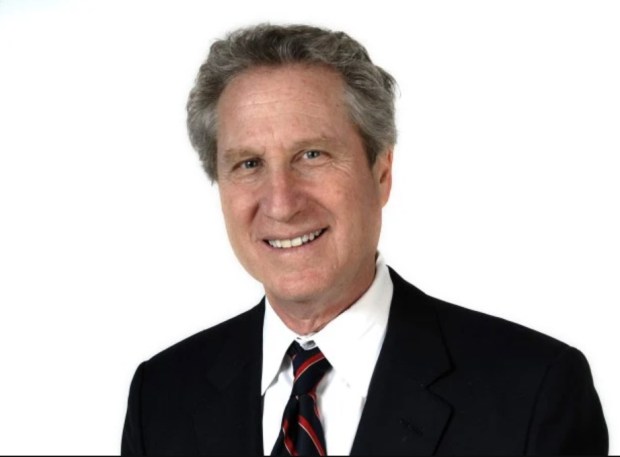Q:I just served on a jury. One of the people gave me a lot of concern. I don’t think she followed the judge’s instructions, and I think she had a bias going in, but hid it. How is a juror like that kept off a jury?
Q.M., Van Nuys

A: A stealth or rogue juror is an individual who has a concealed agenda with regard to the case, seeks to get onto the jury and then to influence the outcome. Not following the court’s instructions is misconduct as well, of a different nature than an ulterior motive, but may also be part of the actions of a stealth or rogue juror.
The lawyers are to pay very close attention during jury questioning (voir dire), which includes both the prospective jurors’ non-verbal conduct, and careful review of written answers to the jury questionnaire. The objective is to look for, or at minimum to sense, any deceptiveness; and then challenge the person so that he or she hopefully will not be seated.
In addition, each juror has a duty to report, as soon as possible, any incident where someone attempts to influence a jury member outside of the courtroom. Similarly, a juror is to report any misconduct he or she observes which is carried out by any other juror. One reason why alternate jurors are selected is if a juror has to be replaced; it happens. Counsel can raise a concern with the court as well, and, when the judge learns or perceives a rogue juror is in the mix, he or she should of course address it.
I wish I could tell you that the system works perfectly, but that would be an overstatement. The lawyers, the court and the jurors all are to be vigilant in seeking to make sure the trial is fair and just. Thus, I wonder if you brought your concerns about that particular juror to the court’s attention.
Q:I have heard about “jury nullification,” but what exactly is it?
J.O., Irvine
A: Jury nullification is a phrase used when, in a criminal case, the jury returns a not-guilty verdict regardless of whether they believe that, in fact, the defendant violated the law.
There are a variety of “excuses” for jury nullification, including frustration with the criminal justice system, or a belief the law itself is unfair, or that the prosecutor misapplied the law, or that the punishment is too harsh. Some have long said the verdict in the O. J. Simpson criminal trial was an incidence of jury nullification; that is a matter of opinion, but in any event the first time I heard the phrase used.
Q:If the jury cannot reach a unanimous verdict in a criminal case, voting 10 for guilty and 2 not guilty, is the case going to be retried?
R.W., Carson
A: The prosecution will determine if a retrial is called for. There are a number of factors, including the importance of the case, the strength of the evidence, what resulted in two out of 10 voting not guilty and the costs involved. It is not double jeopardy – the defendant is not being tried a second time, after there has been a definitive decision of guilty or not guilty; instead, there is a hung jury. The court can deny a retrial, but that would be more unusual than not.
Ron Sokol has been a practicing attorney for over 40 years, and has also served many times as a judge pro tem, mediator, and arbitrator. It is important to keep in mind that this column presents a summary of the law, and is not to be treated or considered legal advice, let alone a substitute for actual consultation with a qualified professional.�
#deal #stealth #juror #lawyer #Orange #County #Register

